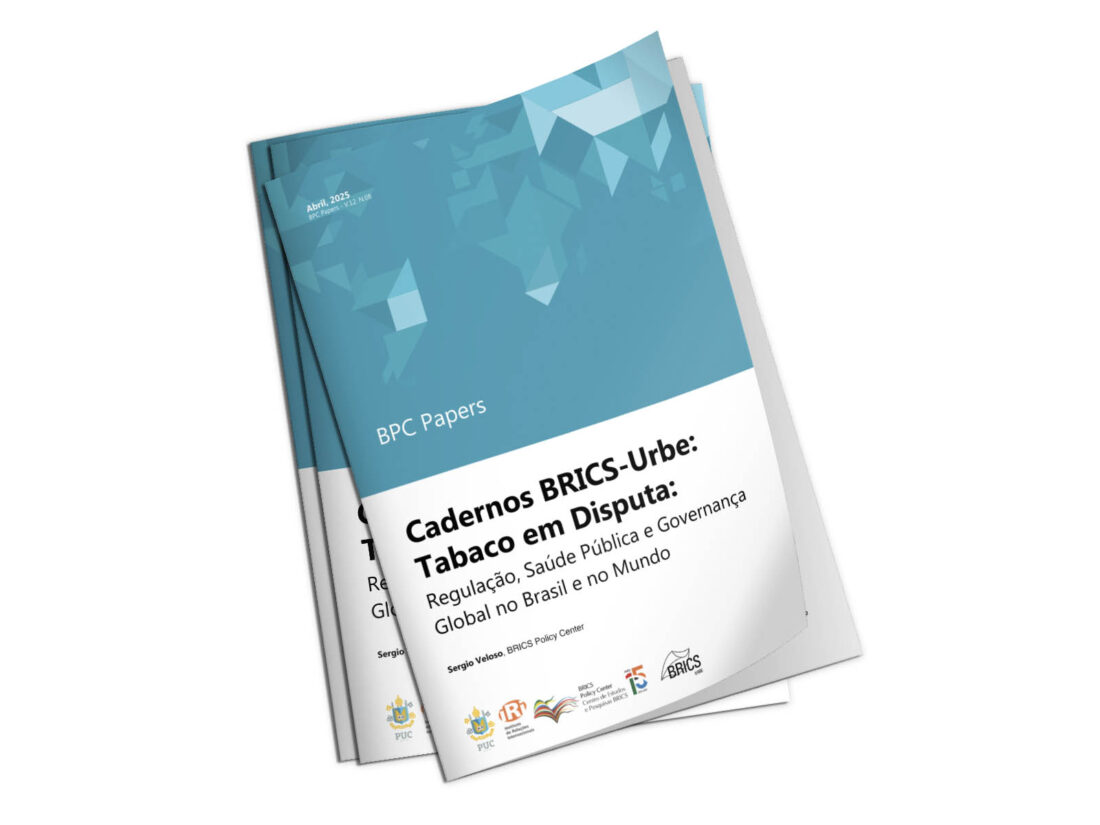
BRICS-Urbe Notebooks: Tobacco in Dispute
Brazil is internationally recognized for its strict tobacco control policies, having implemented a series of measures to reduce consumption and mitigate the impacts of smoking on public health. Since ratifying the World Health Organization’s Framework Convention on Tobacco Control (FCTC), the country has strengthened its policies by banning cigarette advertising, increasing taxation on tobacco products and establishing smoke-free environments. These strategies have resulted in a significant reduction in the number of smokers over the last few decades.
However, despite these advances, Brazil faces ongoing challenges in tobacco regulation, especially in the face of the growth of the illegal market and the popularization of electronic smoking devices (ESDs), such as e-cigarettes. While health authorities and experts warn of the health risks of these devices and the danger of reversing the progress made, proponents of regulation argue that state control over ESDs could reduce the incidence of the clandestine market and allow for more effective harm mitigation policies.

